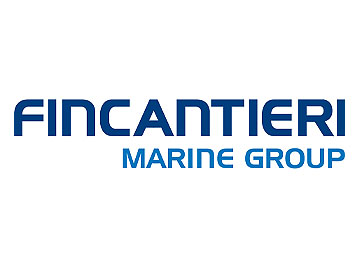Federal tax reform law treats economic development incentives as taxable income
The federal Tax Cuts and Jobs Act of 2017, passed by Congress and signed into law by President Trump on December 22, 2017, provided a substantial overhaul of the U.S. tax code. Among the modifications implemented by the new law is the treatment of economic development incentives as taxable corporate income.
Background:
The definition of gross income for federal tax purposes is broad and includes income derived from all sources, unless specifically excluded under the Internal Revenue Code (IRC). One such exclusion includes “a contribution to the capital of the taxpayer” made by a non-shareholder. An economic development incentive provided by a unit of government or civic group for business relocation or expansion purposes was previously considered a “contribution to capital” and therefore exempt from taxation.
Tax Cuts and Jobs Act:
Under the Tax Cuts and Jobs Act, the “contribution to capital” exclusion no longer applies to a contribution made by a unit of government or civic group. Therefore, economic development incentives, including cash grants, no-cost land, and infrastructure improvement projects provided to a business after Dec. 22, 2017 may be considered taxable gross income for the recipient business. However, the law does not apply to development incentives that were included as part of a master development plan approved prior to the enactment of the bill.
What’s clear is the tax law change will diminish the overall value of key economic development incentives, impacting businesses and EDOs across the country and in Wisconsin. These incentives, which were previously tax-free awards, are now taxable. What’s less clear, pending further IRS guidance, is the specific impact of the tax law change, including the effect on tax incremental financing in Wisconsin. Once additional information is made available by the IRS, WEDA will distribute it membership-wide.
Tax Cuts and Jobs Act and Wisconsin Tax Law:
Most states use the IRC as the starting point for determining state taxable income, and they typically incorporate at least parts of federal tax code changes into their own taxation systems. But how each state approaches IRC conformity varies.
Wisconsin is a “fixed-date” conformity state, which means the state incorporates IRC updates as necessary to ensure consistency with federal tax law. Due to passage of the Tax Cuts and Jobs Act, the State Legislature recently acted to conform with most of the federal tax changes created under the bill.
In the waning days of the legislative session, lawmakers amended non-related tax legislation (Assembly Bill 259) to adopt most of the provisions contained in the Tax Cuts and Jobs Act that are relevant for state incomes tax purposes, including the contribution to capital provision. As a result, business relocation and expansion incentives will be treated as taxable income under state law. According to the non-partisan Legislative Fiscal Bureau, the provision will increase state revenues by $900,000 in Fiscal Year 2018 and $1.2 million in the following year.
WEDA will provide members additional information on the impact to state tax law as it becomes available.































